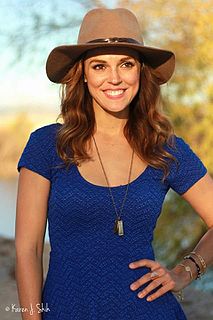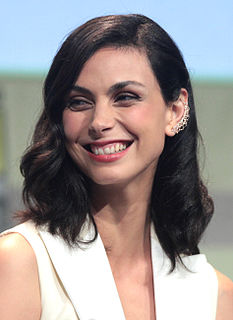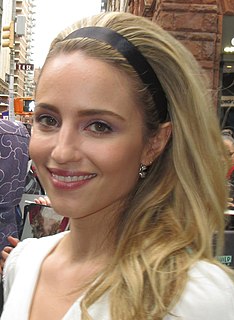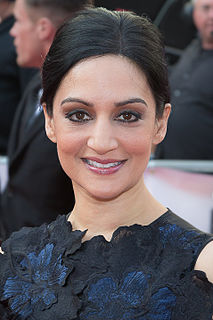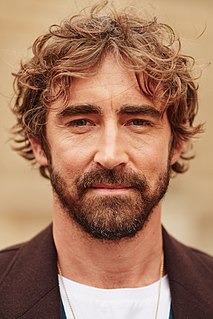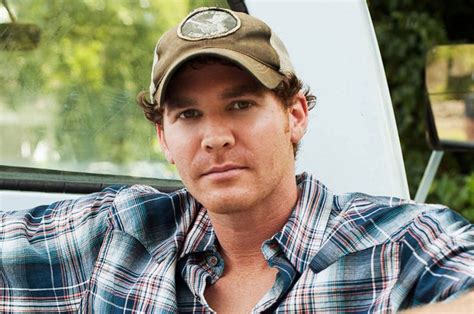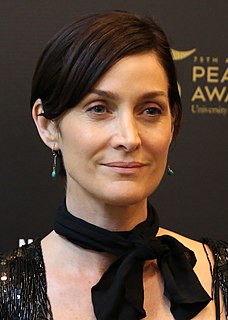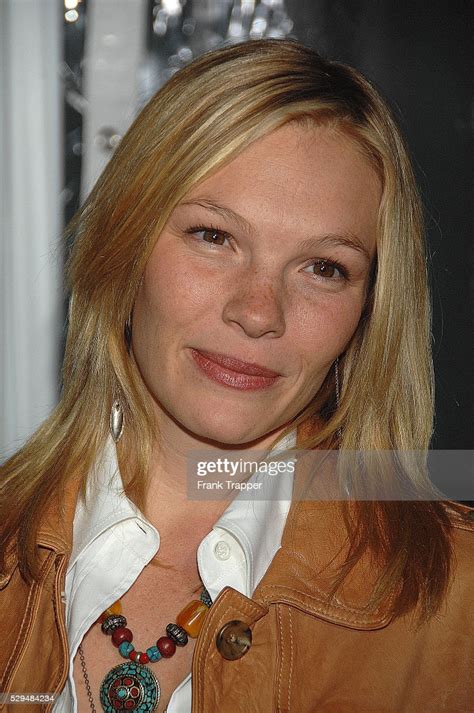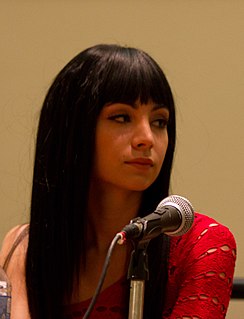A Quote by Erin Cahill
I really learned how to act on camera through 'Power Rangers' because I hadn't done a lot of film and TV.
Related Quotes
I'm always going to hear people make that connection and I've just accepted it. It's alright. I'm just happy that I get to do my own thing now. I learned a lot from the show [the Voice] as far as being in the TV world and being in front of the camera, which is really great because I'm not as nervous in front of the camera as I was before.
If I'm traveling, I'll take a film camera and a digital camera because sometimes there are moments where, if you've lost it, or if coming back and it accidentally goes through the X-ray machine and it gets overexposed, you might have had a really important moment to you and you would be really upset that you didn't have a back-up.
Since I was from the theater, that's how I learned how to go through the process of being a character. That's how I learned, and that's what I was comfortable doing. And then, the first feature films, I'm sure I was no fun because I did not want to be spontaneous in that filmic way that really can work for you.
I really love action. I really love doing my own stunts. I would love to do more of that. I've done a lot of TV, but my heart is really in film. I really look forward to the film possibilities. I would love to dance in a movie again. I love all those creative aspects, like playing an instrument or dancing. I look forward to all that stuff, in future roles.
